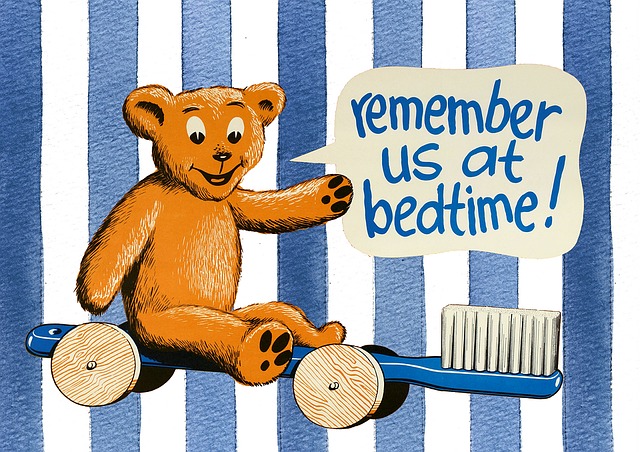-
3-minute read
-
3rd August 2017
Grammar Tips: Grammatical Mood
In human terms, a mood is a feeling or an emotional state. If you’re in a good mood, for example, you might be feeling happy or cheerful. If you’re in a bad mood, you might be sad, annoyed or angry.

(Photo: Nationaal Archief/wikimedia)
But a grammatical mood is something different entirely. After all, when was the last time you saw a happy verb? To help explain, we’re going to run through the main grammatical moods.
What Is Grammatical Mood?
Grammatical mood refers to how a sentence is meant to be understood. Asking a question, for example, is very different to giving a command, and this is reflected in how sentences are constructed.
You don’t necessarily need to know the grammatical mood you’re using all the time. But understanding the basics of mood can help you avoid common errors in writing.
The Indicative Mood
The indicative mood is the most common grammatical mood. It’s used when making a factual statement or asking a question:
He is going to bed.
Is he going to bed now?
Depending on who you ask, questions can also be classed as using the interrogative mood.

(Image: ArtsyBee)
The Imperative Mood
A sentence that gives a command or makes a request is in the imperative mood:
Please go to bed.
Go to bed now!
Imperative mood sentences can be very short because the subject (i.e. the person being asked or told to do something) is often omitted.
Find this useful?
Subscribe to our newsletter and get writing tips from our editors straight to your inbox.
Subscribe to Beyond the Margins and get your monthly fix of editorial strategy, workflow tips, and real-world examples from content leaders.
The Conditional Mood
Conditional sentences typically use one of the modal verbs ‘could’, ‘might’, ‘should’ or ‘would’. This is because they express something that is uncertain or that depends on something else:
He could to go to bed if he wanted to.
The example here is conditional because it expresses a possibility (i.e. going to bed) that the subject could do were he so inclined.

The Subjunctive Mood
Like the conditional mood, the subjunctive mood is concerned with hypothetical actions. Primarily, the subjunctive mood deals with wishes, suggestions and situations that are contrary to fact (usually ‘if’ statements):
If I were tired, I would go to bed.
Here, the speaker is not tired: going to bed is only a possibility, not a likely course of action, so the sentence is in the subjunctive mood.
The example above also points to a common error related to the subjunctive mood: mixing up ‘were’ and ‘was’.
This confusion is rooted in the past tense use of these words, where ‘was’ is singular (e.g. ‘I was sleeping’) and ‘were’ is plural (e.g. ‘We were sleeping’). In the subjunctive mood, however, ‘were’ is used for both singular and plural subjects:
If I were him, I would go to bed. ✓
If I was him, I would go to bed. ✗
Although a fairly minor error, it’s worth looking out for this in your work.




